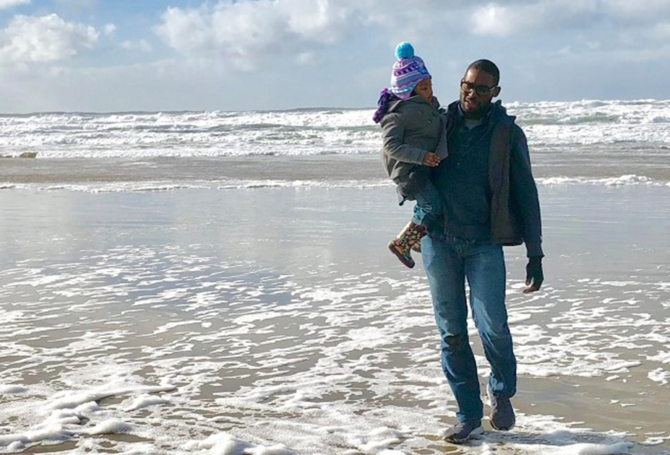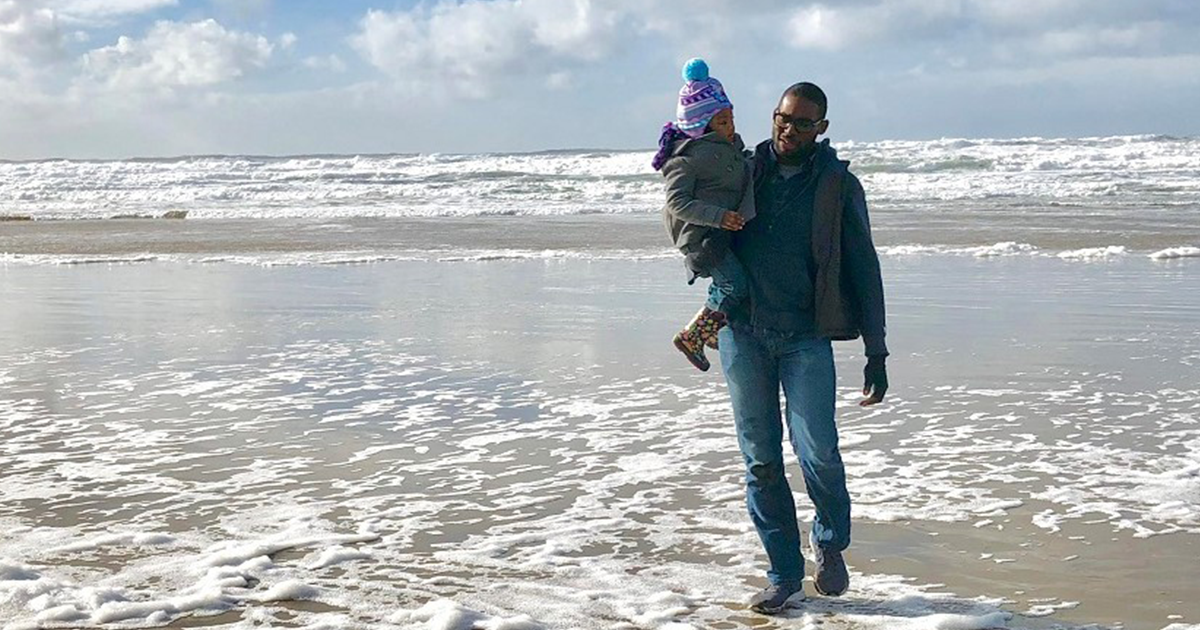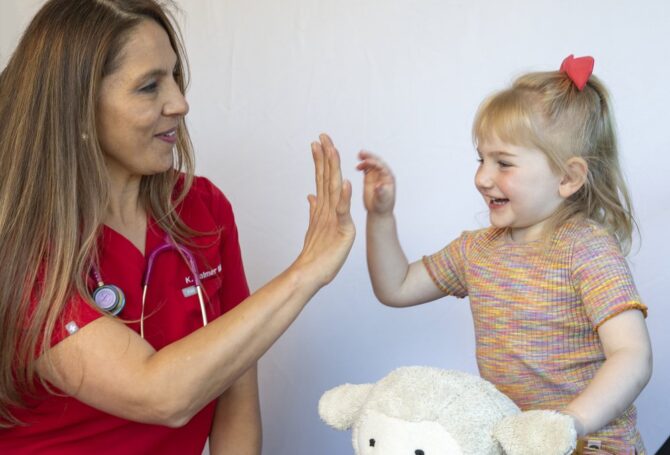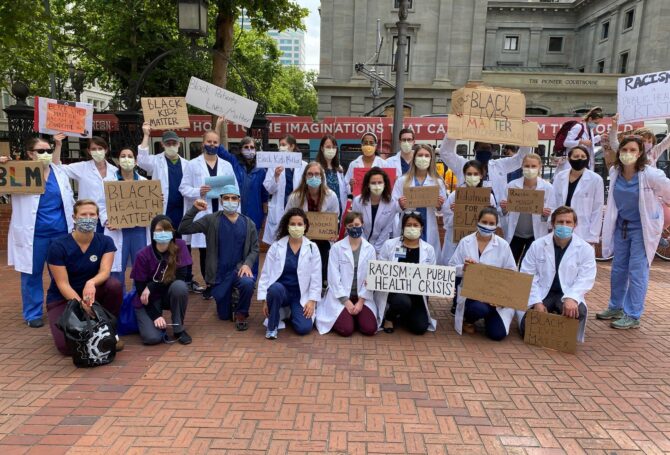
May 5, 2020
May is National Foster Care Month, and it honestly couldn’t have come at a better time. Many foster homes are in crisis right now, foster parents are struggling, and the system is on alert.
I became a foster dad in 2017. After 11 months of training, we said “yes” to a two-year-old needing a home. She was our first placement, and she’s our favorite human. She is still our foster daughter nearly three years later. Our entry and initiation into the foster system was somehow everything I thought it’d be, yet nothing like I expected. Nevertheless, COVID-19 has turned my family upside down. I want to offer a transparent look into our home and our experience, as I hope it will provide insight into the stories of other foster parents as well. Here are the four biggest ways COVID-19 has affected my foster family.
 1. Court cancellation. After 30 months of alternating between plans of adoption and reunification, we finally had a court hearing set for April 2020 to provide a permanency plan. It was rescheduled to October, and I can’t help but feel disappointed. Courts are still open for emergency removal of children, but cases to establish next steps or permanency are rescheduled. If I as a pediatrician am essential, I believe Family Law is essential as well. Permanency and Return Plans are an emergency. Anyone who doubts that should be forced to endure the heartbreaking silence between “When am I going to live with my Mommy and Daddy” and the inevitable “I don’t know”. It’s heavier than you think. Not only that, but any parenting classes and drug rehabilitation services are likely closed, giving parents hoping for swift reunification few tools and little hope.
1. Court cancellation. After 30 months of alternating between plans of adoption and reunification, we finally had a court hearing set for April 2020 to provide a permanency plan. It was rescheduled to October, and I can’t help but feel disappointed. Courts are still open for emergency removal of children, but cases to establish next steps or permanency are rescheduled. If I as a pediatrician am essential, I believe Family Law is essential as well. Permanency and Return Plans are an emergency. Anyone who doubts that should be forced to endure the heartbreaking silence between “When am I going to live with my Mommy and Daddy” and the inevitable “I don’t know”. It’s heavier than you think. Not only that, but any parenting classes and drug rehabilitation services are likely closed, giving parents hoping for swift reunification few tools and little hope.
2. Virtual visits with parents. Face-to-face visits are not currently allowed. DHS is relying heavily on video conferencing and virtual visits. By definition, “virtual” assumes the parents are employed and able to pay phone and internet bills and afford smart phones or computers. Our visits have been no-showed for that very reason. I’ve watched my child’s excited smile literally fade as she realizes no one is joining her video conference. Yet, it’s unfair to hold parents accountable for this. Times are hard, and financial insecurity is at its highest in vulnerable communities.
3. No childcare. I say the following with understanding and gratitude that I’m still employed and healthy. That being said, our daughter is home ALL THE TIME. In our household, this means more screen time than I’m willing to admit and an increase in poor behaviors with a decrease in patience. The stress of school cancellations is not lost on the audience reading this essay, I’m sure. The difference is that households like mine are considered “high risk” and “vulnerable”. While I assure you that my daughter is getting the best care that I, my husband, and Netflix can provide, other foster households are seeing losses of employment, increases in stress, and increased risk of abuse as a result. DHS is required to visit foster homes on a monthly basis, but some of these visits have been changed to virtual as well. In my house that was a relief, as the visits can be poorly-timed and awkward. But our child is safe. Not all of them are, which has to be acknowledged.
4. No new kids. Keeping one child entertained and safe is challenging enough. Many foster parents are hesitant to accept new foster kids. Plus, many worry about the health exposures within a new placement’s living situation. Will taking a new child put my family at risk? Sadly, financial stress and physical distancing are adding to the already established foster home shortage. And just like that, foster parents (and potential foster parents) join the ranks of those contributing to “the broken system.” Myself included.
It’s our jobs as healthcare providers to be aware of child welfare services that are available, and sensitive to the stress that foster homes are under. Patient advocacy isn’t optional, and “the system” includes all of us. To the children we protect, we are all essential.
Antwon Chavis, MD, FAAP is a general pediatrician at Doernbecher Children’s Hospital. He attended Meharry Medical College in Nashville and OHSU for his residency.
5/5/20



